Date: March 15, 2023
In a compelling session of the “Open Seminars” series, hosted by the Institute “Sami Frashëri,” Dr. Ardian Muhaj, a distinguished historian and researcher at the Institute of History, presented an insightful analysis titled “Deconstructing Serbian Myths about Kosovo.” This discussion brought to light the enduring influence of Serbian historical myths on contemporary political narratives and their role in legitimizing past and ongoing acts of aggression towards the Albanian population in Kosovo.
Key Highlights from the Seminar:
- Historical Paradigms: Dr. Muhaj emphasized the critical role these myths have played as historical paradigms, shaping not only the Serbian genocide against Albanians but also continuing to affect the current political climate regarding Kosovo.
- Legal and Historical Contestation: The seminar explored Serbia’s contestation of Kosovo’s citizenship, distinguishing between legal contestation—diminished by the International Court of Justice—and historical contestation rooted in these myths, which remain unchallenged by the Albanian elite, particularly in diplomatic engagements.
Myth Deconstructions Presented by Dr. Muhaj:
- Kosovo as a Serbian Word: Challenging the internalization of this myth by Albanian studies, Dr. Muhaj questioned the Slavic etymology of “Kosovo,” suggesting an alternative analysis that casts doubt on its Slavic origin.
- Serb Majority in the Middle Ages: Dr. Muhaj refuted the politically constructed myth of a Serbian majority in medieval Kosovo, citing the lack of serious historical data and demographic records from the era.
- The Battle of Kosovo in 1389: The seminar critically examined the purported Battle of Kosovo, with Dr. Muhaj arguing against the historical validity of such an event and describing it as a multifaceted political myth serving Serbian political interests.
- Albanian Colonization during Ottoman Rule: Dr. Muhaj addressed the foundational myth that Albanians colonized Kosovo during Ottoman rule, a narrative that has underpinned Serbia’s policies of ethnic cleansing and colonization towards Albanians.
The Importance of Myth Deconstruction:
Dr. Muhaj highlighted the urgent need to deconstruct and politically defunctionalize these myths to counter their use in justifying violence and oppression against Kosovo’s Albanian population. By critically examining and challenging these narratives, the seminar aimed to foster a more accurate historical understanding and prevent the further exploitation of these myths for political gain.
Engage Further with the Seminar:
For those keen on delving deeper into Dr. Muhaj’s critical examination, the full seminar discussions are available through the following YouTube links, offering a comprehensive overview of each myth addressed:
- Myth Analysis and Introduction: Watch Here
- The Battle of Kosovo and Serbian Majority: Watch Here
- Legal Contestation and Historical Myths: Watch Here
- Deconstructing Albanian Colonization Myth: Watch Here
About “Open Seminars”:
“Open Seminars” continues to foster an intellectual environment where scholars and the public converge to explore and critique contemporary societal challenges. Through the lens of experts like Dr. Muhaj, the series enriches the discourse on pivotal issues affecting the Balkans and encourages a more nuanced understanding of historical and political narratives.


 Share on WhatsApp
Share on WhatsApp
 Share on Facebook
Share on Facebook

